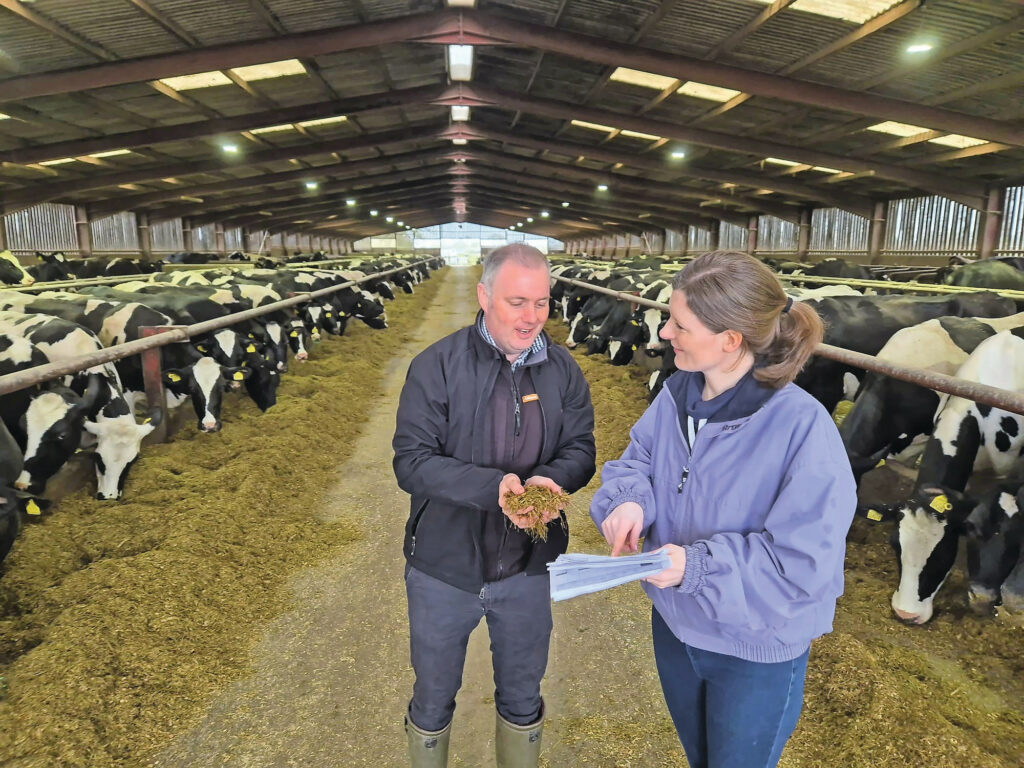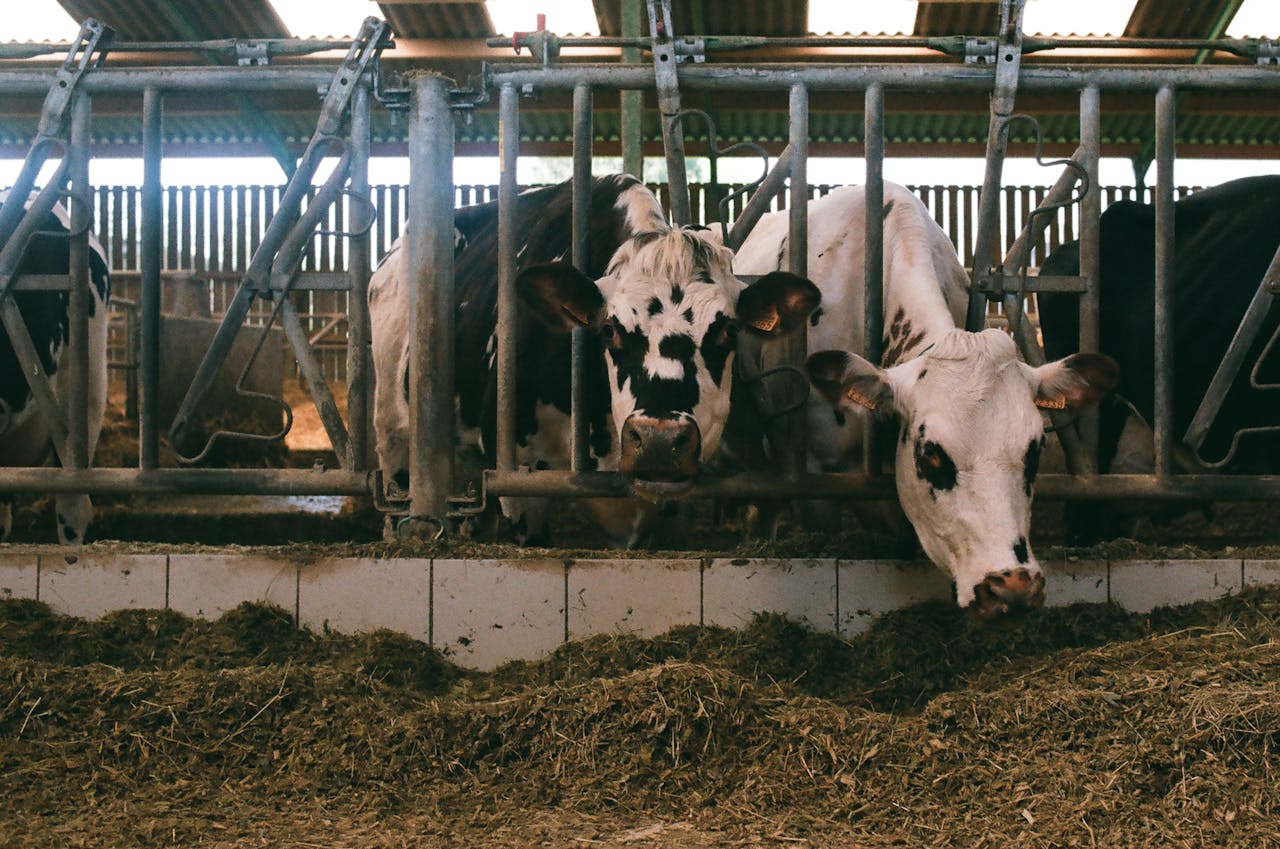Around the world, people’s understanding and acceptance of sustainability initiatives have increased. A growing consensus highlights the fact that agriculture holds many opportunities for improvement; realising this potential, however, requires new approaches.
Programme implementation has ebbed and flowed in some sectors, influenced by market and socio-political factors. Still, there’s a concerted effort to engage in sustainability efforts and reduce emissions in ag-related industries. Many farmers are now aware of the direct correlation between on-farm efficiency and sustainability; however, more needs to be done to communicate the importance of high-quality science.
As attitudes change, more countries are engaging in sustainability efforts, the barriers to implementing initiatives are breaking down, and farmers are more open to measuring and improving their sustainability. Additionally, with the growing landscape around carbon offsets and insets, Alltech E-CO2 is striving to ensure that farmers are rewarded for their on-farm efforts and improvements.
Alltech E-CO2 offers accurate, certified sustainability assessments and insights that enable customers across the feed and food supply chain to measure and reduce their environmental impact while enhancing productivity and profitability. Pioneering the use of farm and supply-chain assessments to benchmark and improve environmental and production performance, these assessments holistically capture information from every aspect of a farm’s business — from feed to fertiliser and from animal health to resource use — to provide customers with comprehensive and measurable goals. Offering global solutions, tools and insights for ruminant, pig, poultry, arable, feed, aqua, pet food, biogas and processing operations.
Environmental assessments
As the saying goes, if you don’t measure it, you cannot manage it — so establishing a baseline is a crucial first step. This process encourages businesses within the agricultural supply chain to view this not as a test or a box to check, but instead as an opportunity to measure their potential for change. Trained experts can then explore ways to reduce that footprint through on-farm efficiencies, improved animal health, or adjustments to feed and sourcing of raw materials.
It is important to remember that there are biological and practical limits to how far improvements and insetting can take a business. Any irreducible portion of the emissions burden, however, can be addressed through offsetting.
100 small things
There’s a simple philosophy many follow: “Improve one thing 100% or 100 things by 1%.” This message relieves some pressure on farmers, who can reduce emissions without fundamentally altering their systems or incurring costly interventions. The data shows the real-world impact of incremental gains, such as improving feed conversion, animal health, fertility or nitrogen efficiency. With the productivity, environmental efficiency and profitability of a farm system all being intertwined, “1%” gains add up to real change.
Key drivers behind growth and adoption
Alltech E-CO2 works closely with customers to provide relevant solutions — whether these are focused on environmental or efficiency measurements. By taking a flexible, consultancy-led approach, the team ensures that recommendations are tailored to each operation’s unique challenges. Working with small farmers, large multinational companies, integrated supply chains, and everything in between, Alltech E-CO2 offers highly granular data collection and analysis, as well as multi-species solutions, including assessments for monogastric, arable, aqua and processing sectors.
The team boasts diverse backgrounds and skill sets, encompassing a range of technical and practical agricultural experiences. This has always been a key strength, allowing the team to “speak the customer’s language” and ensure that each program is implemented practically and successfully.
Listening to producers and identifying their needs are at the core of what Alltech E-CO2 does. As legislation changes, working with customers to provide high-quality data and details that enable them to make informed decisions and report their progress is key.
Adaptability has also been a driver of success. For the less mature markets or customers, making the process as easy as possible is just as crucial as the granular level of detail the company provides.
Environmental assessment tools
The Alltech E-CO2 suite of tools has expanded considerably from its initial focus on dairy and beef, now encompassing all major ruminant species, as well as key monogastric species. Similarly, the company’s offerings also expanded to integrate the whole supply chain, from crops fed to animals through to the finished processed product. This enables customers both upstream and downstream to implement more accurate embedded emissions data, reducing their reliance on guesswork and enhancing their ability to drive change within their businesses.
Being flexible to customer requirements enables Alltech E-CO2 to offer both on-farm and online solutions, integrating with external data sources, and providing more in-depth and interactive scenario analyses, dashboards, and benchmarking options.
Global sustainability and climate targets
Over the next decade, Alltech E-CO2 will collaborate with the agri-food industry to shape the future through strategic partnerships and integration. As legislation changes, supply chains and farms consolidate, and climate challenges intensify, the company aims to enhance the world’s understanding of these challenges.
Furthermore, Alltech E-CO2 aims to introduce new opportunities that focus on food security, economic viability, nature, biodiversity, and soil quality, while also translating data capture into actionable insights. Additionally, the company will continue to engage with the financial sector to help farmers secure green investment or carbon credit opportunities through accurate measurements and more efficient and sustainable practices.


